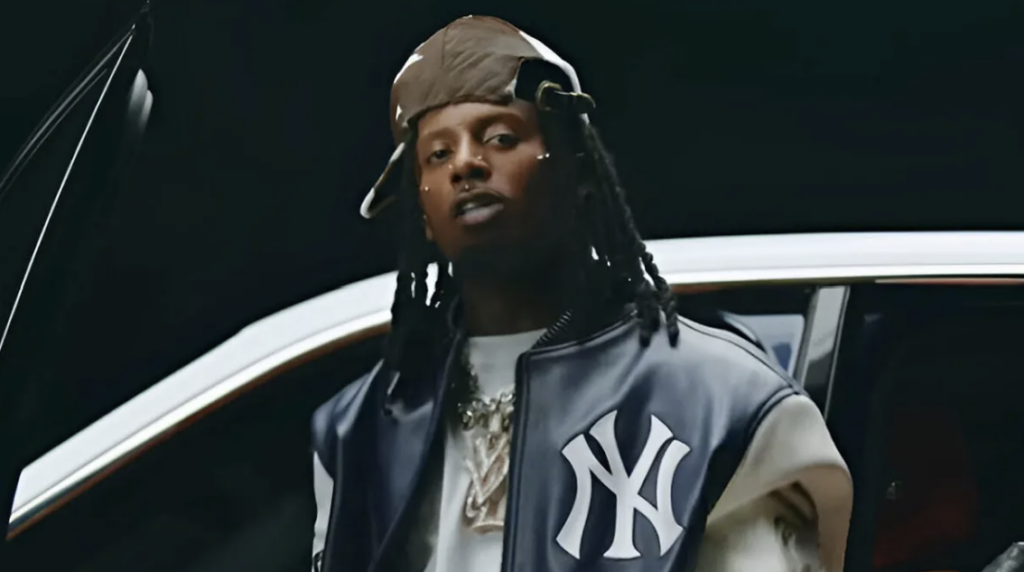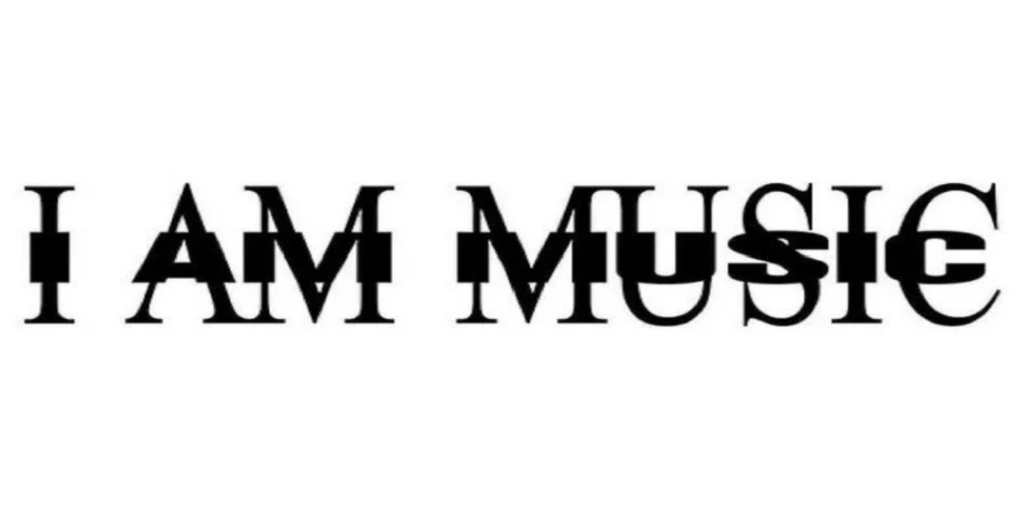March 17, 2025 by Elias Prodger (‘26) and Max Vogel (’26)

Well everybody, it’s finally here. After over four years of self-indulgent, frustrating teases of snippets on a dormant Instagram account along with a handful of new singles, influential and cult favorite rapper Playboi Carti has given us a new album. We can dive into the potential issues and purpose of album rollouts such as this for a future article, but what matters for now is that we have been given the album. The new project aptly titled “MUSIC” brings us 30 tracks of blown out 808 bass, headache-inducing noise, that could reasonably send one into a chaotic tailspin, for better or for worse.
Many immediately post-release of the record have criticized the album’s sheer abrasiveness, but how can we be surprised though? This is Playboi Carti, the Vamp, the rager, the pioneer of hip hop’s current wave of opioid fueled rage beats and more adlibs interjected than any true full sentences. He has catapulted into the rap stardom scoring multiple charting hits as well as working with popular contemporaries like Kenderick Lamar and Travis Scott, who turn up on this album.
Love him or hate him, you can’t argue with Carti’s stature in the industry. For us, we have enjoyed much of Carti’s career up to this moment. The hooks and rawness of Die Lit, to experimentation of and energy of Whole Lotta Red, Carti’s sound was energizing and fun. It was pretty fair to say, a Carti release was one of our most anticipated releases of 2025.
Instantly, opener “Pop Out,” feels like a lost Whole Lotta Red outtake. The beat is prone to alienation with its harsh industrial noise and clipping drum samples. The track is purposely inaccessible and clearly meant to be played live in front of a wall of cell phones and drunk teenagers, a perfect overture for the sound palette of the record.
The beats and instrumentation of this record are mostly well crafted. The mixes feel full and intentional to compliment the noise of these samples. Notable Carti collaborators such as Metro Boomin and Wheezy turn up on this record, but sadly, without Pierre Bourne. The current state of the two’s relationship is unclear, but a feature from the mastermind of some of Carti’s biggest hits would have been appreciated.
The most notable contributor on this album, is irrefutably Kendrick Lamar, popping up on 3 songs for verses and adlibs. As emphatic Kendrick fans, we have mixed feelings.

From a musical standpoint, Kendrick fits. His verses flow well on the beats and the adlibs add the energy required for a Carti song. The conflict of Kendrick on this record is from a moral consistency standpoint. Kendrick’s message of his music through his record Mr. Morale and The Big Steppers and his battles with Drake have been the issues of the music industry and the predatory creatures that live within it. He criticized the members of the industry and society that look to exploit others and carry on a system of abuse and assault. Carti has been credibly accused of assault by multiple people without any true public apology or denial of wrongdoing. Kendrick’s association with a character like this feels contradictory and hypocritical against the central message of the activism Lamar has participated in.
If we remove the morality of these characters of this record and look at a purely musical standpoint, the album is a well-produced, yet somewhat bloated slog of an album. The hook of “Rather Lie” will entice you, the eerie and electric beat of “Evil J0rdan” will be a house party mainstay for years to come. After 8 songs on this album, however, you are finished, you have outraged yourself. Music serves as an admirable contribution to his discography and live sets, but the lack of editing and bombardment of songs makes this full album experience overwhelming and exhausting.
